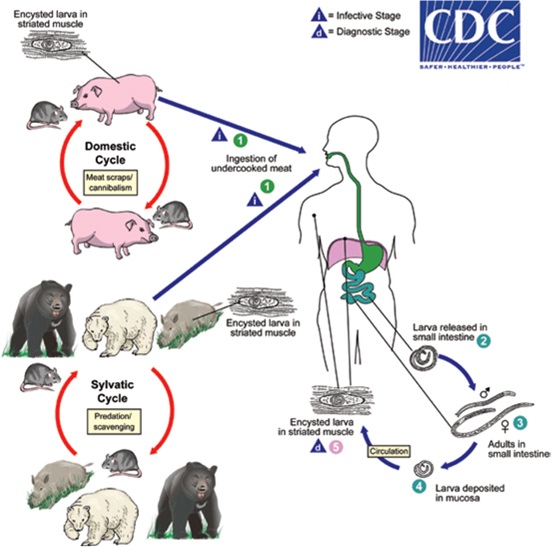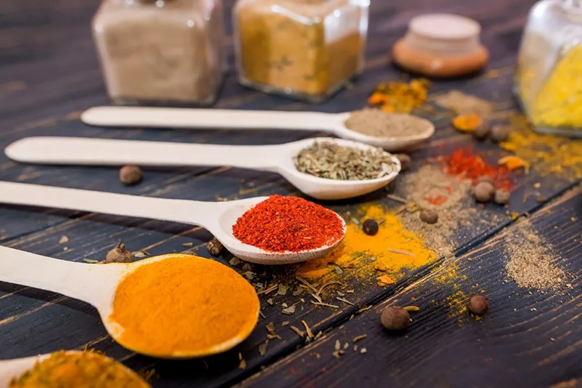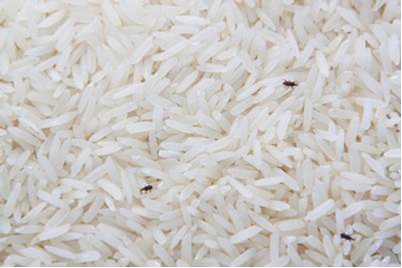Introduction
Have you ever wondered why pork is rarely eaten less than fully “well done”? One reason is the parasitic worm, Trichinella, which can be found in pork and wild game meat (from wild animals) such as bear and wild boar meat. While this parasite was very common in the past and posed a big problem for food safety, Trichinella is now extremely rare thanks to advances in food safety and farming practices. However, consumers may still be at significant risk of exposure to Trichinella when they consume pork that is not properly produced, or wild game meat overseas.
This article provides more information on Trichinella and how you can protect your family and yourself from it.
What is Trichinella and how does it affect our health?
Trichinella is a type of roundworm that can infect humans and warm-blooded meat-eating animals such as pigs, bears and other large vertebrates, causing a disease known as Trichinellosis. Trichinella has three notable life cycle forms - encysted larvae, larvae and adult worms - which reside in different parts of the host animal.
When an animal is infected, Trichinella larvae are found in the animal’s muscles as encysted larvae. When consumers eat this muscle before it is fully cooked, the encysted larvae become active when mixed with stomach acids. The larvae quickly grow into full adults in the small intestines of the consumers, where they produce large numbers of live larvae that enter muscles throughout their bodies. The larvae then stay there in their encysted form for years.
Consumers usually encounter the first symptoms 1 to 2 days after eating undercooked contaminated meat. These include nausea, diarrhoea, vomiting and abdominal pain. Within 2 weeks, other symptoms such as muscle pain, fever, swelling of the face etc set in. In general, the higher the number of worms consumed, the more severe the symptoms will be.
How does Trichinella contamination occur in meat?
Trichinellosis is spread most commonly when infected meat is consumed by a host animal (or human). According to the World Organisation for Animal Health, most cases of trichinellosis are linked to the consumption of undercooked wild game meat, particularly bears and wild boar, or pigs from backyard farms fed with Trichinella-contaminated food waste.
What does SFA do to ensure our meat is safe to eat?
Singapore’s pork supply comes entirely from overseas. Imported meat must be from approved sources in accredited countries that meet SFA’s food safety and animal health standards.
There is no risk of Trichinella in frozen pork as freezing pork below -15 degrees Celsius for more than 20 days kills the parasites and cysts. But for chilled pork, SFA requires such imports to be free from Trichinella as part of our accreditation criteria and import conditions. For game meat, SFA requires imports to be from farm-raised game animals, for e.g. farm-raised boar. There are no approved sources of bear meat.
Therefore, as part of our accreditation criteria, SFA also requires overseas meat sources to have in place good farm management practices and strong biosecurity measures to reduce the risks of Trichinella infection of their animals. These include:
- Prohibiting the use of swill (recycled human food waste) for pig feeding
- Controlled-type housing with good pest management, as rats are known to play a role in transmission
- Testing programme to ensure carcasses are free from Trichinella
Upon arrival, imported meat are subject to our food safety surveillance programme, which includes inspection, sampling and testing for Trichinella. So far, we have not detected Trichinella in the meat samples tested.
How can we as consumers reduce the risk of infection caused by Trichinella in meat?
The risk of contracting trichinellosis is very low in Singapore due to our food safety regime for imported meat. Nevertheless, food safety is a joint responsibility and consumers can use these tips to reduce their risk:
- Purchase meat from SFA- approved businesses (importers, retailers).
- Cook pork thoroughly until it reaches an internal temperature of 71°C, or when there is no pink meat visible. Juices should also run clear when the meat is pricked or sliced. Similarly, both farmed and wild game meat (which you may encounter overseas) must be cooked thoroughly.
- Wash your hands thoroughly with soap after handling raw meat.
- Clean food appliances and utensils that have been in contact with raw meat thoroughly.
- Avoid consuming raw or undercooked meat dishes, particularly pork and wild game meat.
- Exercise discretion in consuming wild game meat such as bear and wild boar when you are overseas. Do note that salting, drying, pickling, and other preparation processes that do not involve heat, cannot ensure all the parasites are killed.
References
The life cycle of Trichinella (source: CDC.gov)




